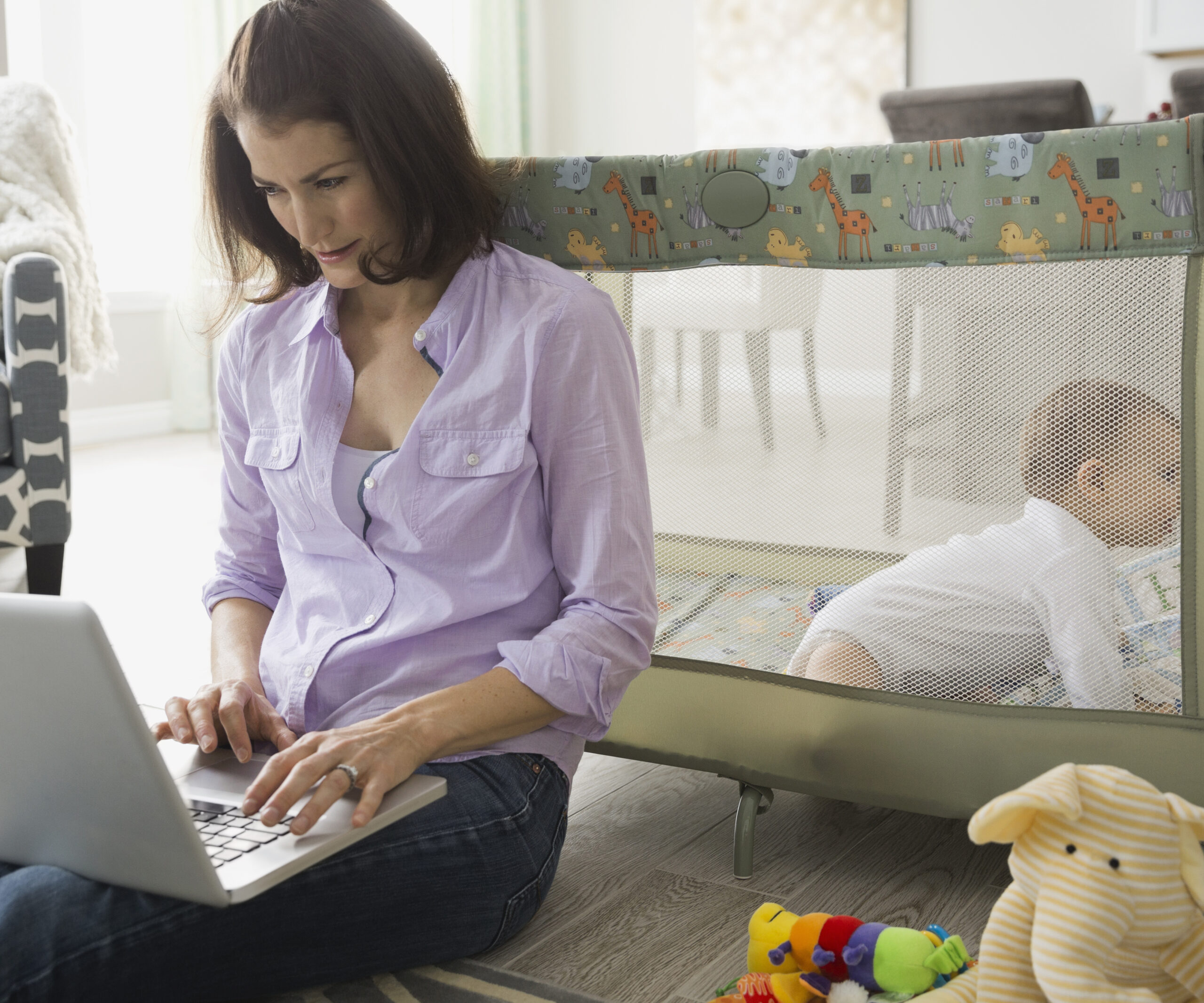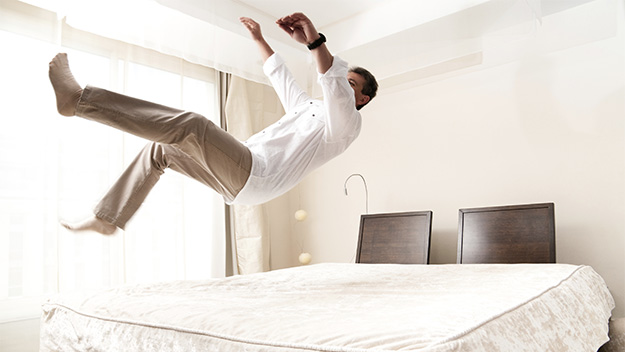THERE’S been a lot of comment this week on a memo sent from new Yahoo! CEO Marissa Mayer to her staff, telling them their days of working from home were over.
While it’s depressing that a technology giant like Yahoo! can’t work out how to get their staff to effectively work from home, the key point of flexibility is totally missed by the company’s new CEO.
Two days a week a friend of mine wakes up, getting ready for work while making himself a coffee. Then he sits down at his laptop and works.
He spends zero dollars on petrol, his environmental impact is minimal. It takes him no time to be present at work.
He’s more productive: he says he has fewer distractions and a more constant workflow.
The other three days a week he heads into the office, taking part in client meetings, and travelling interstate for business.
This work is productive too, but in a different way. It allows him to remain connected and engaged in person.
However, when reports beg to be written or plans need to be drawn up, he knows he’s better placed to do this in the quiet confines of his apartment.
It’s a balance. A work-life balance. Something that is generally (slowly, but surely) being embraced in the 21st century working world.
Enter Marissa Mayer. If you haven’t heard of her before this article, Ms Mayer has an impressive CV. At just 37, she’s the youngest CEO in Silicon Valley, has a PhD in artificial intelligence and is worth hundreds of millions of dollars.
No one can deny Marissa Mayer is a smart, driven woman: she’s a leader in an industry dominated by men, and she’s so married to her job she returned to work within days after giving birth last year.
But with her wealth she also has significantly more freedom. Ms Mayer has built a nursery for her son next to her office, presumably so she can visit him whenever she wants.
Like my friend that I mentioned above, I work from home as well. It’s a mutually beneficial arrangement to my employer and me.
We collaborate on ideas via email or phone, and I write articles — sometimes at night in my pyjamas — often during the day while my kids are at day care, or down for a nap.
I don’t skive off, or waste my employer’s time or mine. I’m an adult and I know that if I use my time effectively everyone is better off.
Every now and then I will pop into the office, or have a lunch meeting with my editor and that’s good too: it’s nice to touch base and have personal contact.
Clearly, there are many jobs that have to be completed on-site. Surgery can’t be completed remotely, houses don’t build themselves.
This is not a gender debate: any worker whose career is computer-based can just as effectively manage their time from their home office or office tower.
It’s about a balance. A work-life balance. Something Marissa Mayer clearly relishes for herself, but not her staff.


